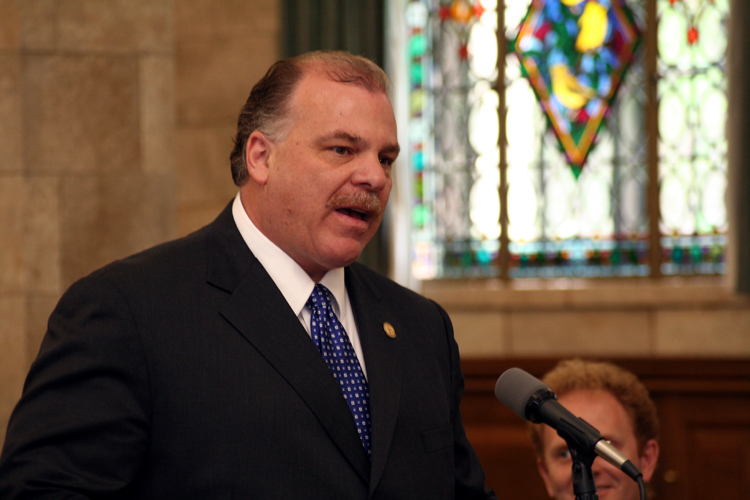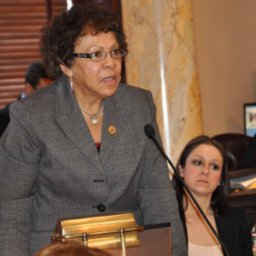
TRENTON – The Senate today approved a measure by a 39-0 vote to significantly reduce required payments by employers into the Unemployment Insurance Trust Fund if its reserves reach sufficient levels to trigger payment reductions of up to 50 percent.
The Senate approved the bill, S-562, sponsored by Senate Majority Leader Stephen M. Sweeney and Senator Paul A. Sarlo, and sent it to the Assembly for consideration.
“We’re saying if the UI Fund hits a reserve ratio of 5 percent, the employer contributions should be reduced by 25 percent,” said Senator Sweeney, D-Gloucester, Salem and Cumberland. “Then, if the reserve ratio rises to 7.5 percent, the employer payments should drop by 50 percent.”
Under the measure, the reserve ratio would be defined as the UI Fund’s balance as of March 31st of each year as a percentage of all wages subject to unemployment insurance taxes during the prior calendar year.
“The UI Fund should be there when it’s needed to help workers,” said Senator Sarlo, D-Bergen, Essex and Passaic. “It shouldn’t be considered a fund to be tapped into for other fiscal emergencies.”
The UI Fund would have to achieve a balance of about $3.6 billion to trigger the 25 percent reduction for employers, the sponsors said. Current fund balances routinely range from between $1 billion to $2 billion, they said.
At the same time, the UI Fund has been raided for redirections of over $3 billion between 1993 to 2002 and for an estimated $1.5 billion from 2002 t 2005 – to the Health Care Subsidy Fund to support charity are payments.
“This measure will help ensure the UI Fund is no longer tapped annually for whatever budget need arises,” Senator Sweeney said.
“The UI Fund should be protected as means of helping businesses and their workers,” Senator Sarlo said. “If it reaches certain reserve levels, there’s good reason to trigger breaks for employers.”


